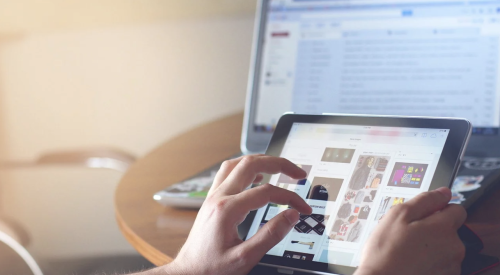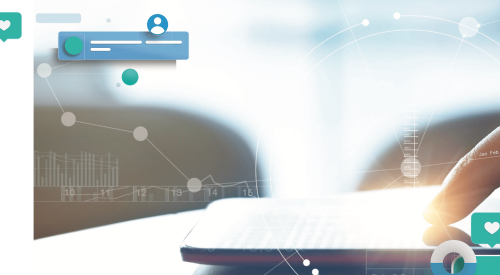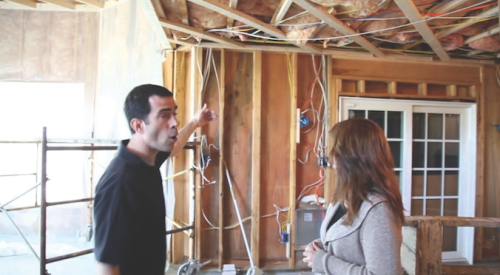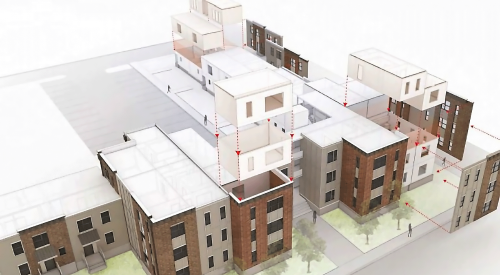Smart phones: our best friends and our worst enemies—or maybe not. Although many people swear all the time spent staring at the screen is bad for human’s health and development, research shows very weak or no correlations between screen time and brain development or cognitive performance. But studying how people use their screen time may reveal more details about human’s complex relationship with digital media. Psychologists are saying that it is time to move beyond just screen time and start to map our behaviors online in a "screenome" similar to the Human Genome Project. Learning more about people’s phone habits could help policymakers, researchers, tech companies, and even builders know their target audience better. And with more people using online real estate platforms, that could be highly valuable information for the home industry.
There’s a lot of talk about digital media. Increasing screen time has created worries about media’s impacts on democracy, addiction, depression, relationships, learning, health, privacy, and much more. The effects are frequently assumed to be huge, even apocalyptic.
Scientific data, however, often fails to confirm what seems true based on everyday experiences. In study after study, screen time is often not correlated with important effects at a magnitude that matches the concerns and expectations of media consumers, critics, teachers, parents, pediatricians, and even the researchers themselves. For example, a recent review of over 200 studies about social media concluded there was almost no effect of greater screen time on psychological well-being. A comprehensive study of adolescents reported small effects of screen time on brain development and no relationship between media use and cognitive performance. A review of 20 studies about the effects of multitasking with media–that is, using two or more screens at the same time–showed small declines in cognitive performance because of multitasking but also pointed out new studies that showed the opposite.












